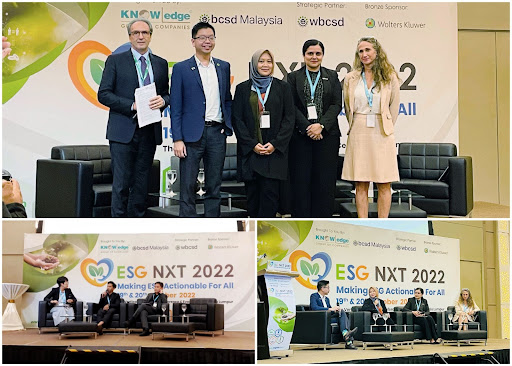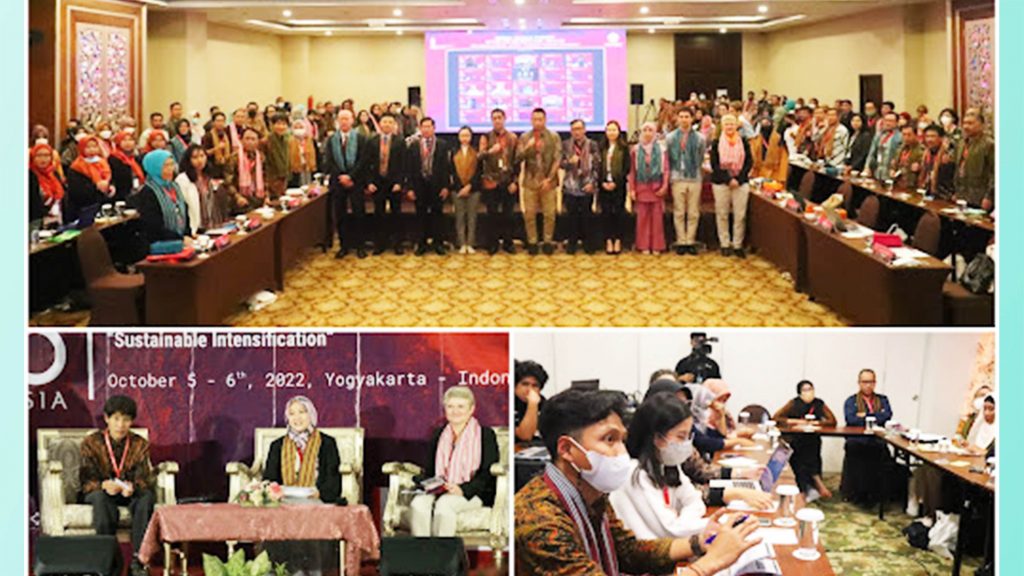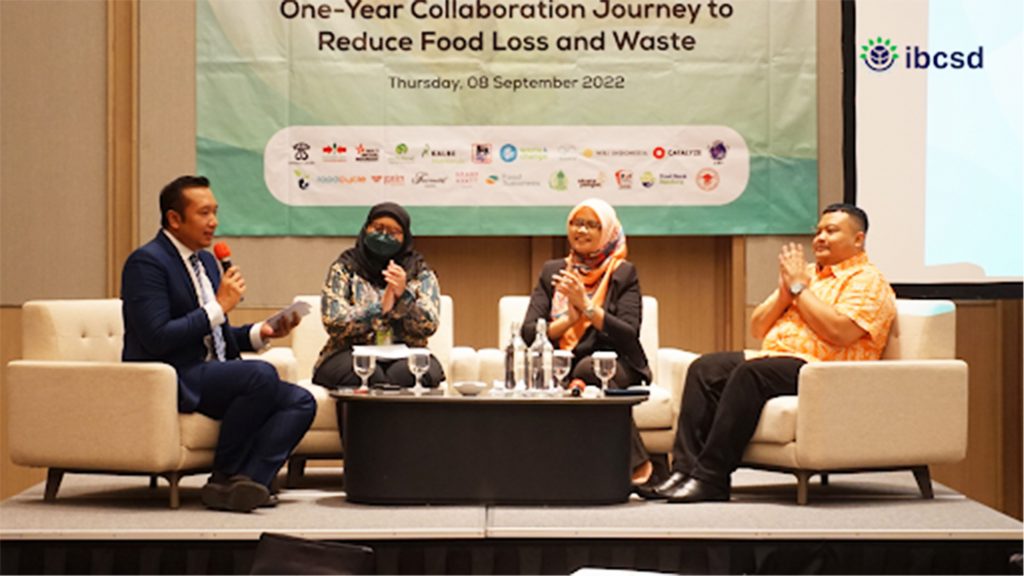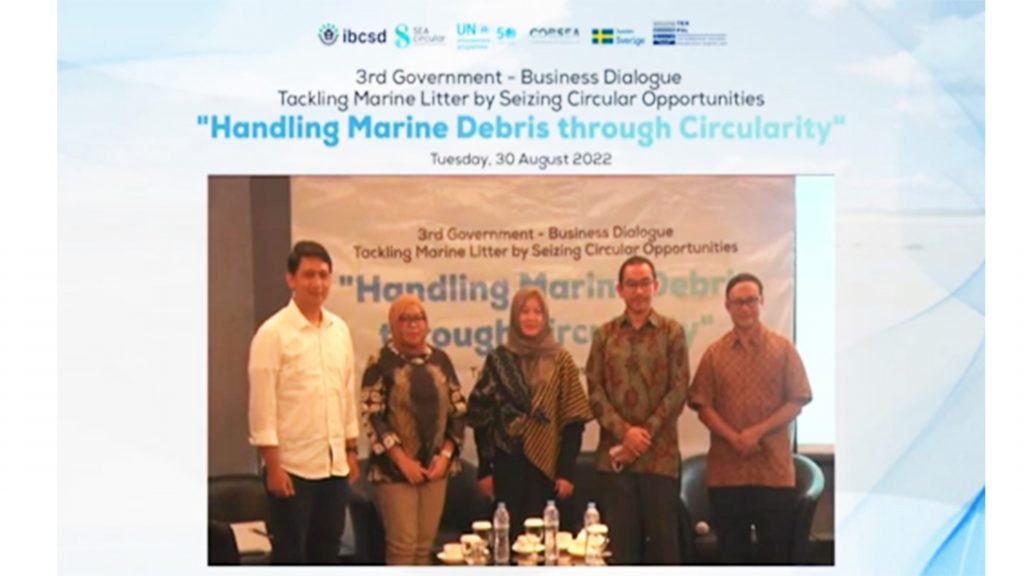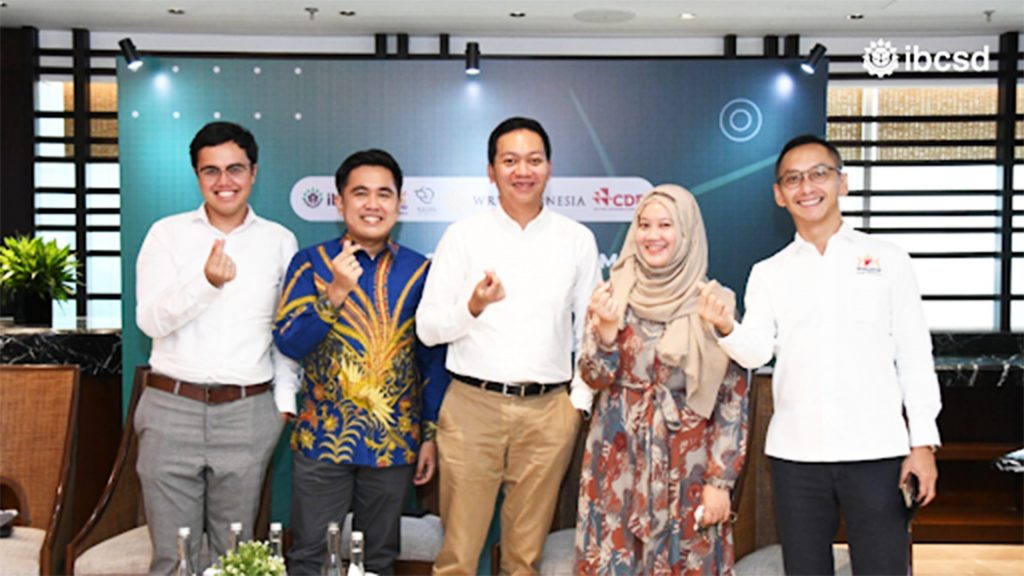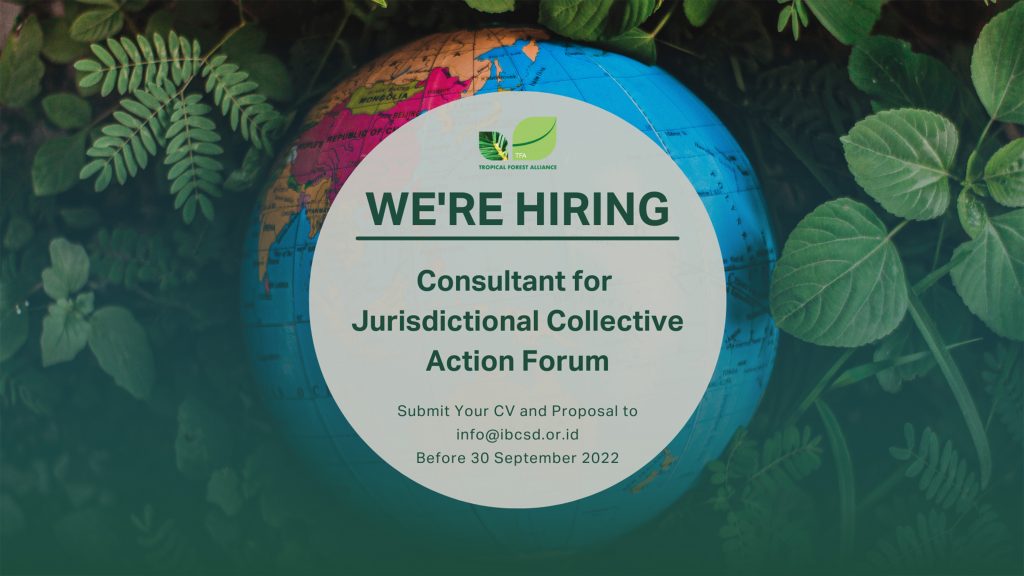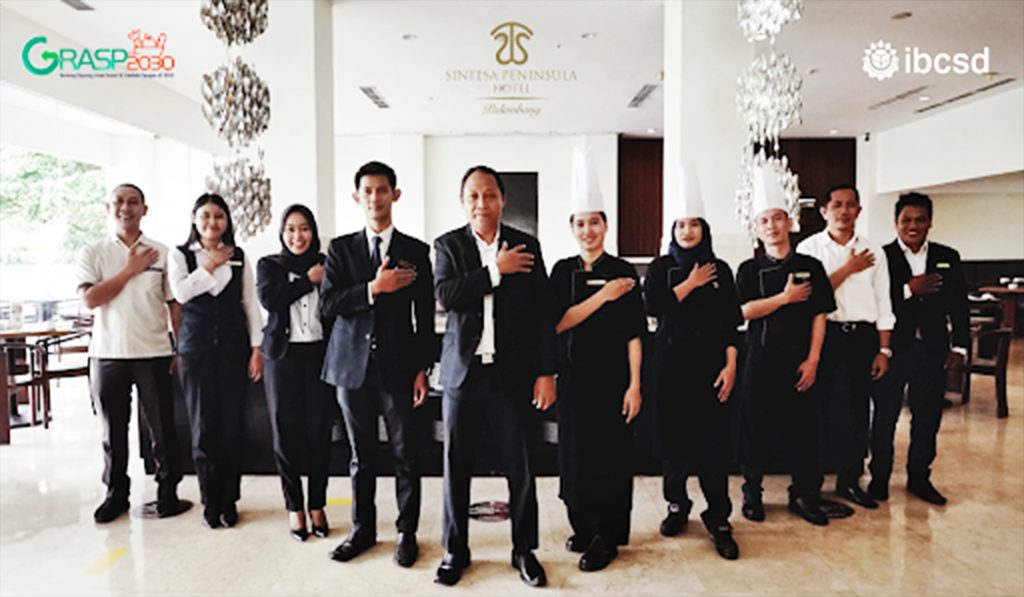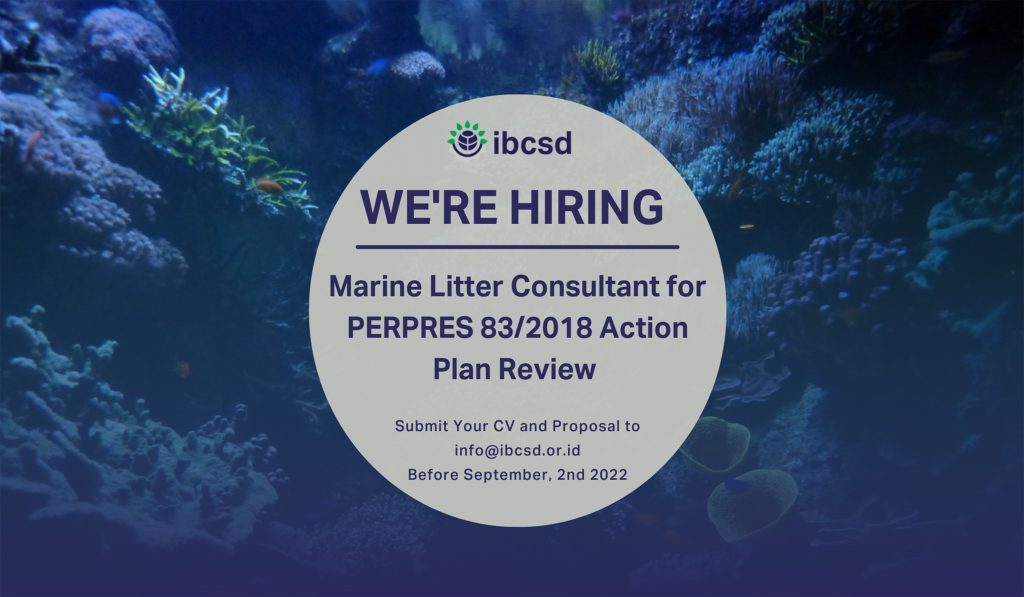The province of West Kalimantan has launched a green development (Green Growth) that is environmentally friendly with a commodity-based basis as an effort to support the Contribution of the Government of Indonesia (NDC) in reducing greenhouse gas emissions and deforestation. As a member of the Governor’s Climate and Forests Task Force, the development of West Kalimantan Province in an effort to reduce emissions refers to 3 main pillars. There are three main pillars, the first pillar is strengthening the Forest Management Unit, Controlling the Use of Space and Governance of permits, the second pillar is building partnerships with the private sector to ensure commodity supply chains are produced in a sustainable and environmentally friendly manner and the third pillar is ensuring low emission development that is sustainable and environmentally friendly. inclusive with the active involvement of indigenous peoples and smallholders. These three pillars serve as a guide in realizing green development efforts that have been developed since the last few years through the cooperation of various parties. As an example, for the first pillar, since 2010 five FMUs have been built and started operating in five districts, namely Kapuas Hulu, Sintang, Ketapang, Melawi and Kubu Raya.
However, to integrate all the efforts that have been made and build synergies between all parties at the provincial level in the future, from investors for renewable energy development, or from commercial investors, impact investors and also international donors in funding and investing in helping the activities of the private sector and small farmers in production by taking into account and including elements of forest and environmental protection in the investment cooperation agreement.
Investment Opportunity in Kubu Raya
The concept of green growth presents a new approach to economic growth. Placing human well-being at the center of development and ensuring natural resource assets continue to provide environmental resources and services to support sustainable development.
“Currently, there are still many economic practices that do not pay attention to environmental sustainability. These practices should be improved through initiatives to regulate, foster and provide incentives and disincentives to economic activities.
Kubu Raya Regency, which was formed in 2007, has an area based on Law Number 35 of 2007 of 6,958.22 square Kilometres. It consists of nine sub-districts and 118 villages. Where, four sub-districts are located in coastal areas with a coastline of 194 kilometres and has 39 small islands. In addition, it has an area of ??523,405 hectares of peat land or 60.9 percent of the Kubu Raya area.
Kubu Raya Regency has the potential of natural resources for the development of agriculture, plantations, forestry, livestock and fisheries as well as in the form of potential mining materials and energy resources. In addition to the agricultural sector which is the prima donna, the fisheries sector has reliable potential which is dominated by marine fisheries considering that Kubu Raya Regency has an adequate sea area, which is about 1,630.68 square kilometers and public waters about 760 square kilometers.
Both dry land and wetland agriculture have great potential, he said, there are several commodities that are cultivated, namely rice, corn, sweet potatoes, soybeans, peanuts and vegetables and fruits. The commodity-producing centers include Sungai Kakap, Terentang, Batu Ampar, Rasau Jaya and Teluk Pakedai sub-districts. “These areas are well-known areas in West Kalimantan as agricultural centers with quite large agricultural production. Even Sungai Kakap District has been proposed to be an Integrated Agropolitan Business area (KUAT) and also Rasau Jaya District as an Integrated Independent City (KTM), with an industrial base of agriculture, animal husbandry and fisheries with adequate land carrying capacity.
For plantation activities for commodities on an industrial scale, namely rubber, coconut and oil palm commodities, which are spread across several sub-districts, namely Sungai Ambawang, Kuala Mandor B, Batu Ampar, Kubu and Sungai Kakap sub-districts with fairly good production. Even for palm oil, it is estimated that the production will continue to increase as more business actors open new areas for oil palm plantations.
The potential of the forestry sector is still dominated by the wood processing industry which is divided into two groups, namely the Primary Industry Business Permit for Timber Forest Products Utilization (IUI-PHHK) and the Lamjutan Timber Processing Permit (IPKL). The potential of natural forest and production forest tends to decrease and only certain types can be utilized, namely the potential of mangroves with export market share in the form of charcoal briquettes and also industrial forest plantations.
Animal and poultry farms with a potential number are found in every sub-district of Kubu Raya Regency with types of cattle, goats, buffalo and pigs. The poultry group is dominated by chickens and ducks. The fishery production sector is dominated by marine fisheries, as well as from aquaculture ponds, ponds and cages in significant quantities.
Judging from the existing potential, the opportunity for developing aquaculture business in the Kubu Raya Regency area is still very potential to be developed, especially in prospective commodities such as freshwater fish commodities in the form of carp, betutu fish, giant prawns, catfish, tilapia. , patent fish, pomfret and jelawat fish. Meanwhile, for brackish water and marine aquaculture, prospective commodities that can be developed are grouper, tiger prawn, vanamaae shrimp, mangrove crab, milkfish and white snapper. In addition to consumption fish, the prospect of developing aquaculture business which has the potential to be developed in Kubu Raya Regency is the arowana fish commodity. This commodity is quite widely developed in the Kubu Raya Regency, both from local investors and investors from outside the Province of West Kalimantan.
- The Objective and Expected output
The objective of this initiative is to promote, inform and attract investors to invest in investment plans in Kubu Raya Regency to support green growth through an “Investment Outlook” which will be jointly developed by jurisdictional stakeholders. approach in West Kalimantan, which includes governance conditions that follow green growth, social and economic growth that encourages investment growth, as well as the efforts of stakeholders to support the SDGs and efforts to mitigate and adapt to climate change.
Expected output
Jurisdictional approaches need to follow the principles of collective action and they should therefore have a strong sense of ownership over the information generated by that jurisdiction. Thus, there are two outcomes that need to be produced, as follows, so that the activities in this initiative can contribute to producing:
- There is complete information about the social, economic, environmental, and governance conditions of the Kubu Raya District that have been built and developed to achieve green growth and the Sustainable Development targets (SDGs).
- Availability of information for various parties (Central Government, Regional Government, investors, business actors, coalitions and forums for the advancement of sustainable investment, green growth, and the achievement of SDGs in Kubu Raya Regency
This Investment Outlook consists of a brief description of the jurisdictional approach, Kubu Raya as a jurisdictional investment opportunity, and possible financing structure options. It also includes an investable database of jurisdictional initiatives of 2 pages each, a brief analysis of the flows and how they all contribute to jurisdictional prosperity. Below is a summary of the contents of the Kubu Raya Investment Outlook:
| Welcome Remarks from Bupati |
1 |
| Acknowledgement |
1 |
| Introduction- Kubu Raya Regency, West Kalimantan, Indonesia
An Ideal Regency to deliver on the Jurisdictional approach |
3 |
| How to use this Investment Outlook |
1 |
| Overview Kubu Raya Priority Projects (depend on Number of Pipeline) |
20 |
| Matrix on Priority Project |
2 |
| Conclusion |
1 |
- Description of Assignment
Assignments will be as followed:
- The author will be responsible for technical input and delivery of the results of the writing to the public in the related district.
- Collecting data by collaborating with parties who have been and are currently developing commodity pipelines in the relevant Jurisdiction.
- Draft an Investment Outlook based on inputs and directions from the District Government and the parties are working to support green growth in the relevant Districts.
- Present a draft investment outlook to get input at the working group session and finalize it based on feedback from the public consultation.
- Method
The investment outlook development will be developed into six main stages, namely:
(1) Secondary data collection (Desktop Study) and primary data collection (Online or Offline)
(2) Initial writing.
(3) The Initial Draft is presented at the Focus Group Discussion for data clarification and input.
(4) Revision and addition of information in the Investment Outlook.
(5) Public consultation for final draft.
(6) Obtaining Partner’s Consent.
- Qualifications and Skills
- Consultants can be individual consulting agencies (consulting companies, research institutes, NGOs) working specifically in fields related to the environment, circular economy and social, and governance. Individual consultants or team leaders who have an advanced degree in a related field are preferred.
- Have excellent writing skills and collaborative work demonstration.
- Have the flexibility and adaptability to ensure the greatest impact.
- Demonstrated ability to deliver by commercial law and confidentiality.
- Demonstrating analytical assessment of qualitative and quantitative data.
- Excellent English skills.
- Established network among key individuals and organizations associated with action around the environment, tropical forests, commodities and public-private sector initiatives in Indonesia
- The following results and schedule of activities are expected to be completed within 12 weeks, starting from September-November 2022. Further details will be discussed.
- Period of Assignment
Oct-Dec 2022
Please send your RFP to [email protected] with subject ‘Application: Consultant “Kubu Raya Investment Outlook”.
Closing date for application is up to Sept 31, 2022
